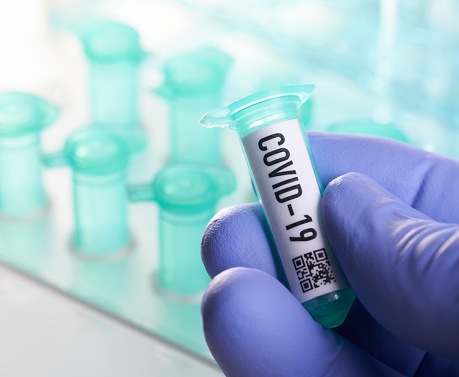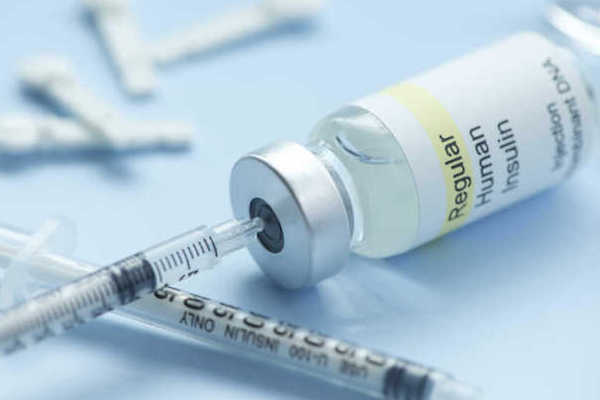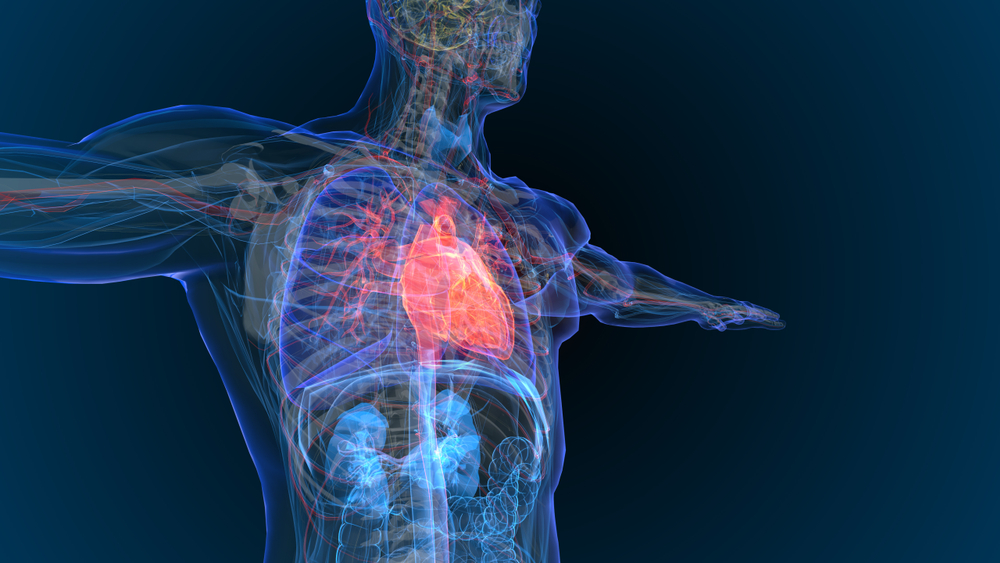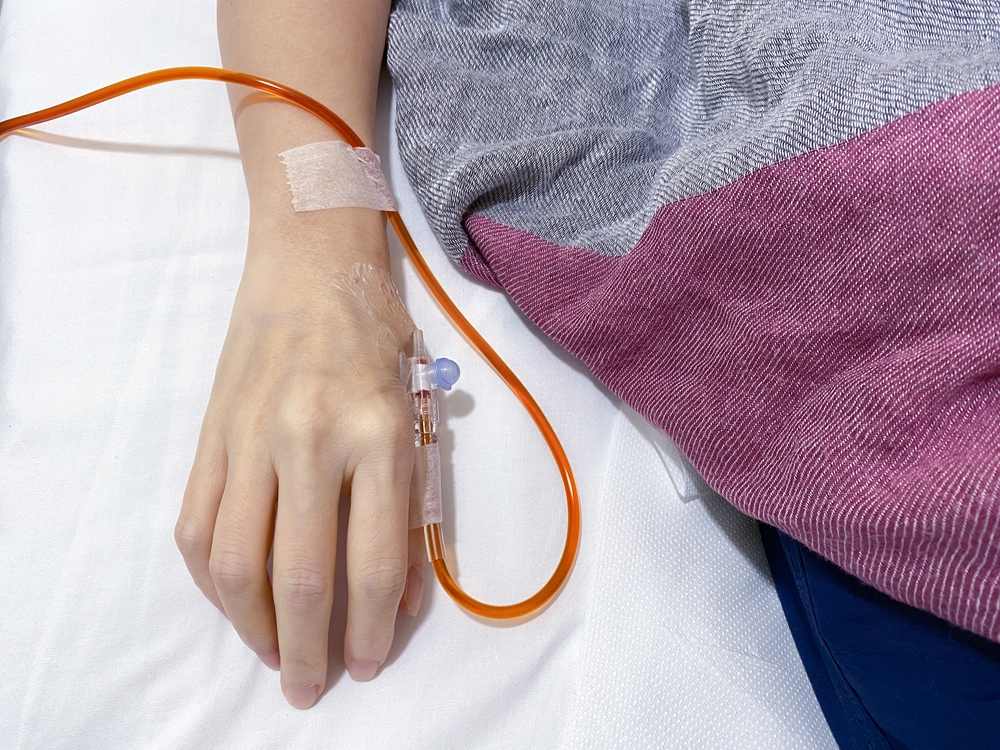Younger patients hospitalized for COVID-19 have been found to face substantial adverse clinical outcomes, according to a research letter published in JAMA Internal Medicine.
Although older patients are considered higher risk for disease severity, researchers from Brigham and Women’s Hospital analyzed clinical trajectories for 3,222 hospitalized patients aged 18-34 with COVID-19 and found substantial rates of ventilation and death, especially for those with cardiovascular risk factors.
Analyzing records from 419 hospitals, researchers found that a significant portion of young adults hospitalized for COVID-19 faced serious adverse events: 21% required intensive care, 10% required mechanical ventilation, and 2.7% died.
“Even though a 2.7 percent death rate is lower than for older patients, it’s high for young people who typically do well even when hospitalized for other conditions,” wrote Jonathan Cunningham, MD, Cardiovascular Medicine fellow at Brigham and the letter’s first author. For comparison, the mortality rate is approximately double the rate for young adults hospitalized for heart attacks.
Young adults with cardiovascular risk factors, such as obesity, diabetes, and hypertension were over-represented among those hospitalized for COVID-19 and were also more likely to experience adverse outcomes. Overall, 36.8% of patients were obese, 18.2% had diabetes, 16.1% had hypertension. Patients with morbid obesity made up 24.5% of the study cohort but comprised 41% of those who required ventilation or died. Individuals who possessed more than one of these conditions faced comparable rates of adverse outcomes with adults aged 35-64 without cardiovascular risk factors.
57% of young adults requiring hospitalization were Black or Hispanic, in line with previous findings that these demographic groups are faced with a disproportionate disease burden, although rates of death or ventilation did not vary significantly with race and ethnicity.
Credit: Original article published here.










